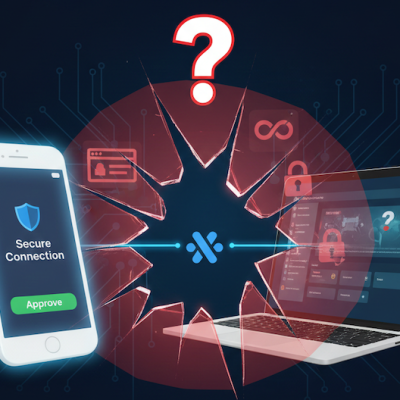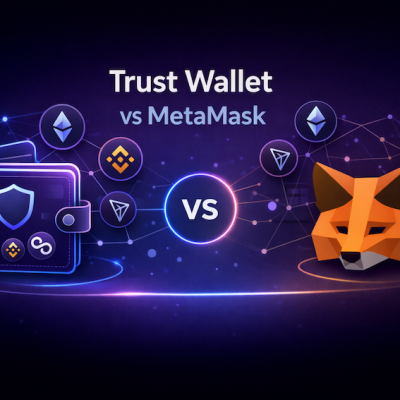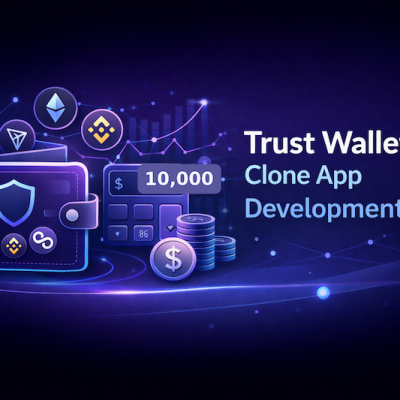When digital assets like NFTs are exchanged, the data stays on the blockchain—only ownership (linked to a wallet address) changes. A non-custodial NFT wallet stores private keys securely and provides a clean interface for viewing, sending, and receiving tokens. Even if a device is lost, assets remain safe on-chain; with a proper recovery phrase backup, they can be restored.
Multi-chain NFT wallet support lets users manage NFTs across Ethereum, BNB Chain, Polygon, Solana, TRON, and more. Unlike ERC-20 tokens, NFTs are unique and cannot be divided or exchanged one-to-one.
The wallet app communicates with smart contracts to verify ownership, sign transactions, and interact with decentralized apps.
We build secure NFT wallets with biometric authentication and optional multi-factor authentication, plus seamless NFT marketplace integration for listings, offers, and royalties — end-to-end NFT wallet development services for new or existing products.

 Cold Wallet
Cold Wallet 






















